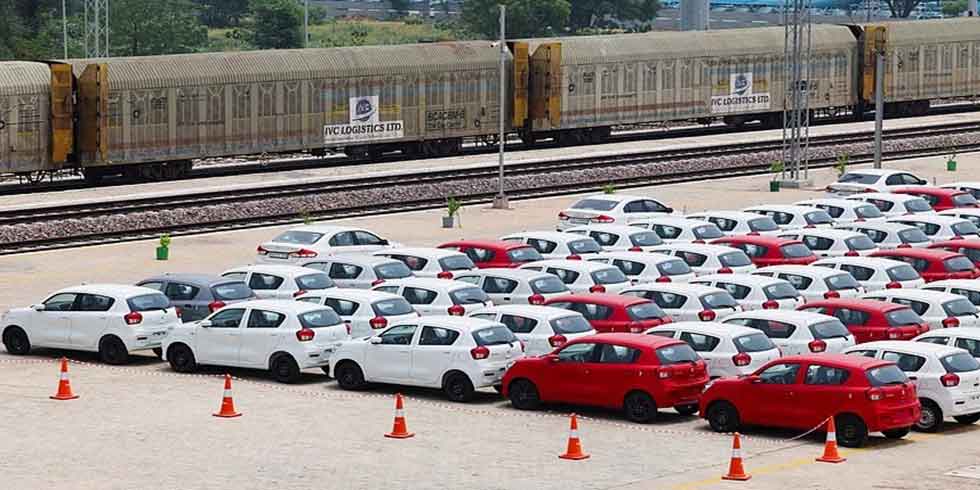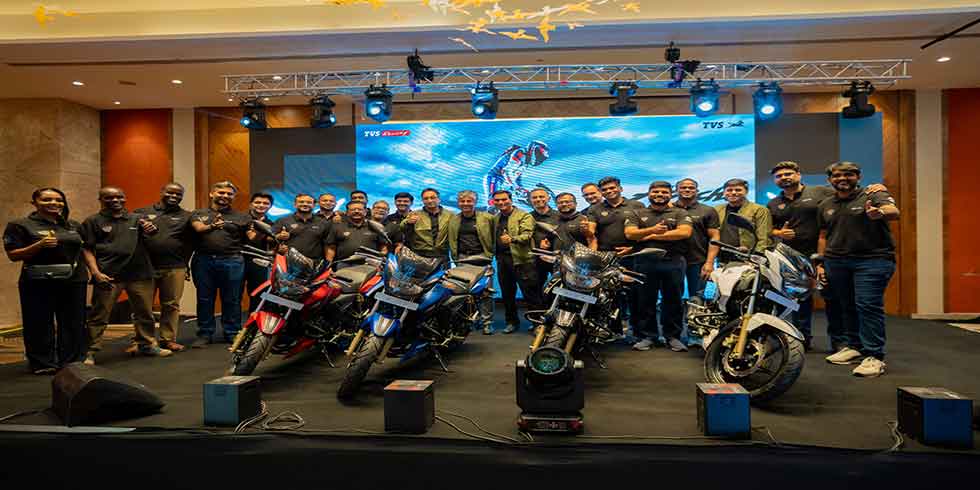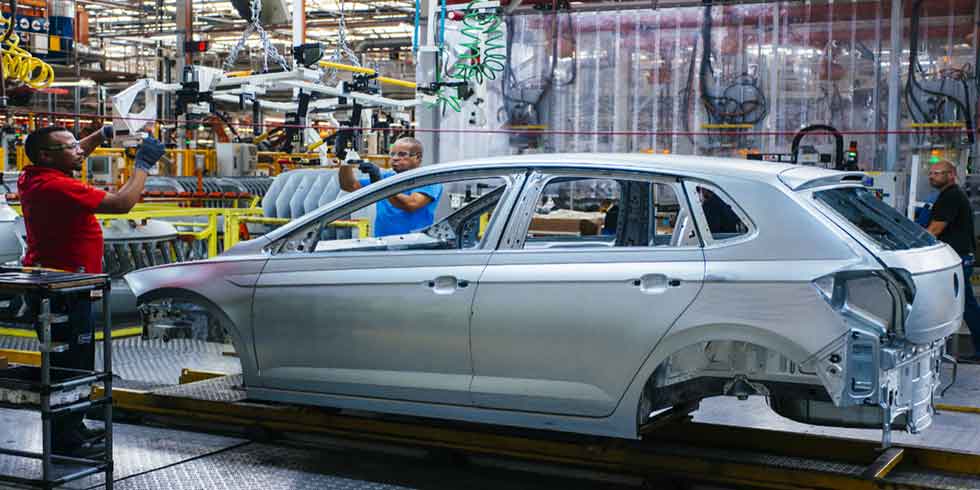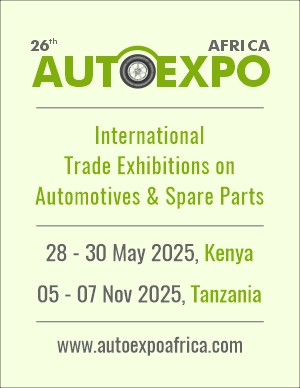Gurugram-based Apollo Tyres which recently raised Rs 1,500 crore through a QIP (Qualified Institutional Placement), is looking to partially deploy the resources to develop a new greenfield facility in Andhra Pradesh. A part of the amount will also be used to double capacity at its facility in Chennai, as the company seeks to consolidate its leadership position in the truck bus radials and the passenger cars tyres segment in the local market.
Apollo Tyres vice-chairman Neeraj Kanwar told ET that with capacity expansion cycle drawing to a close, the focus will be on expanding operations in India and Europe through the organic route, "The company is built through organic and inorganic routes. But everything's organic in the next plan. Both capital and human resources are today occupied in getting Hungary up, Chennai up and in developing the Andhra facilty. It is very critical not to vacate our leadership position in India."
Currently, Apollo Tyres registers almost 60% of its revenue from sales in the domestic market. Though the company plans to expand its footprint in Europe and North America, Kanwar said that going forward, revenue mix would continue to be skewed in favour of India.
"India is our dominant home market... Our India vision is very clear, by 2020, we want to be number one in the product categories that we operate in. In Europe, we want to be a premium tyre company, be it in terms of products, pricing, our brand or the service levels we offer to customers, all have to be premium."
Apollo Tyres has, in fact, firmed up plans to invest Rs 525 crore in a greenfield facility in Andhra Pradesh, construction work of which is expected to commence in January 2018. In the first phase, the facility will roll out 5.5 million passenger car tyres. Eventually, the unit will also go on to manufacture truck and off-highway tyres.
In Hungary, where a facility of similar scale was commissioned earlier this year, the plan is to ramp up production to 8,000 tyres a day by March 2018, and to 16,000 tyres a day by September. The company, which largely catered to requirements in the European replacement market, has firmed up alliances and is set to supply tyres to vehicle manufacturers next year.
Overall, Kanwar said while raw material prices put pressure on tyre manufacturers in the first half of the year, improved volumes October onwards should improve EBITDA margins in the second half.Imposition of anti-dumping duty by the government here has helped curb Chinese imports, and been a positive for manufacturing firms in the domestic industry. But challenges remain.









Add Comment